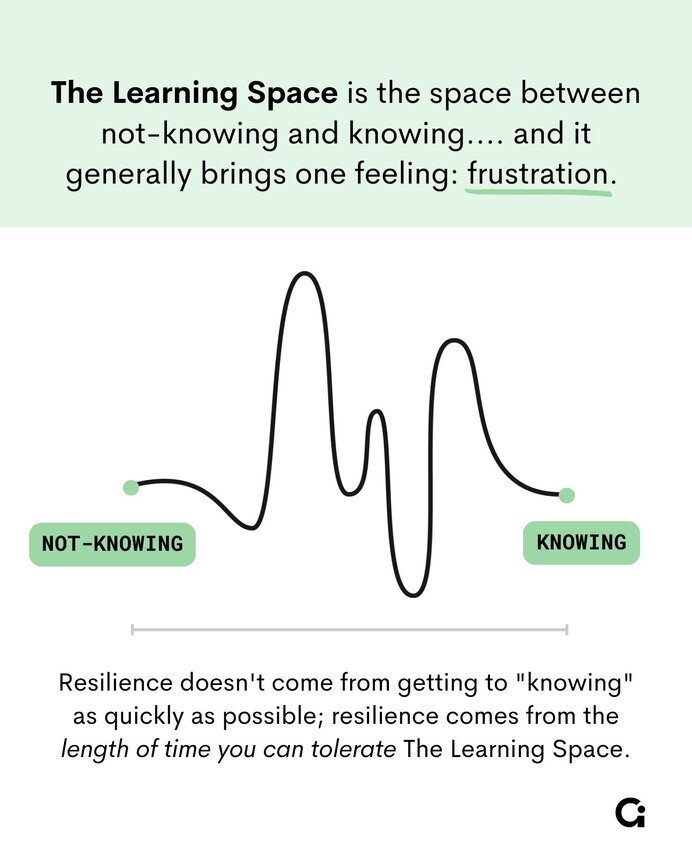Most people come to us because there is a “fire” in their home. Our workshops are designed to contain that fire. And they work – every single time.
Sometimes you don’t need a deeper dive. You just need to know what to do and exactly what to say. You’re covered here.
An antidote to social media. Our community is the best corner of the internet. Real talk. Real stories. Real support. You’ll never feel alone or shamed again.
From how to talk to your kid about sex to how to say no without guilt, top experts of their field are sharing knowledge directly with you.



